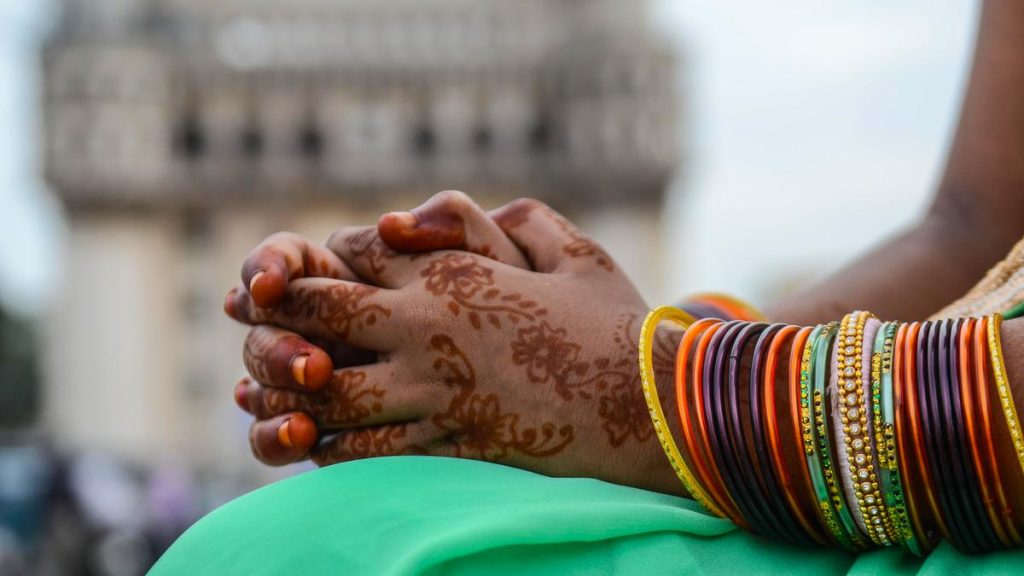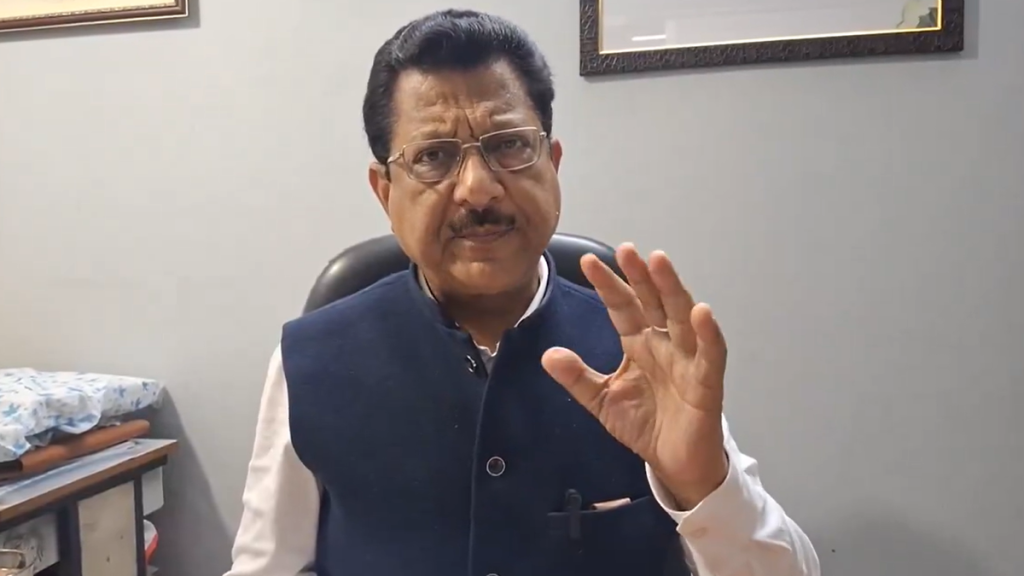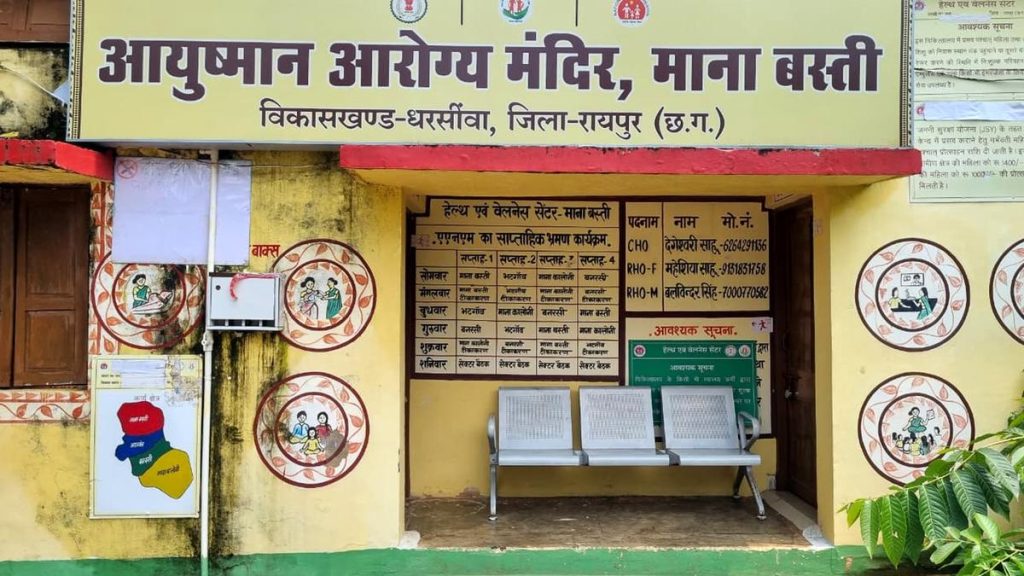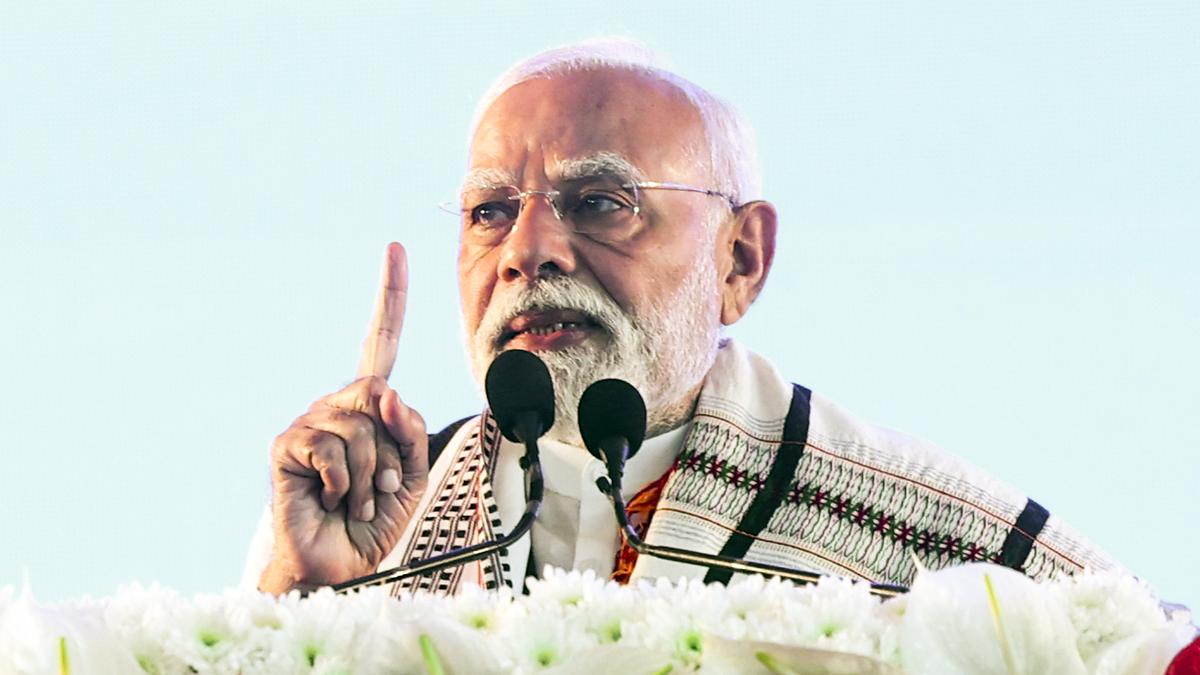Now Reading: New CPI State Secretary Calls for Challenging Birth-Based Superiority
-
01
New CPI State Secretary Calls for Challenging Birth-Based Superiority
New CPI State Secretary Calls for Challenging Birth-Based Superiority
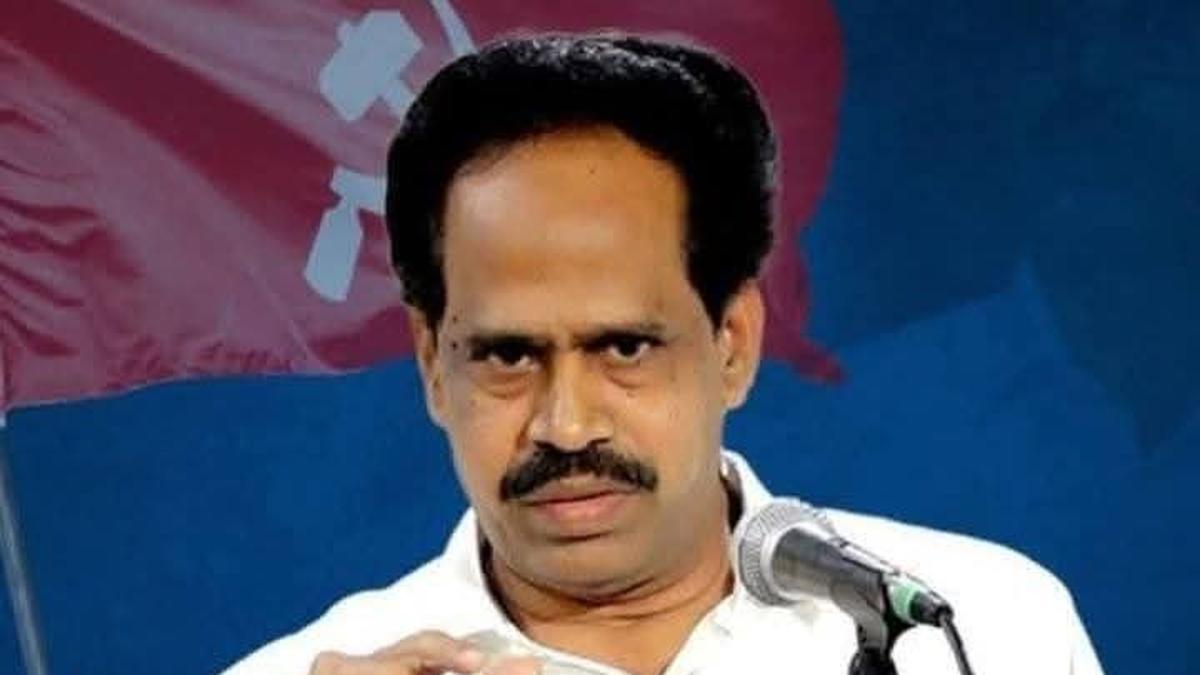
Quick Summary:
- M. Veerapandian, newly appointed Tamil Nadu State Secretary of the Communist Party of India (CPI), emphasized that laws alone are insufficient to eradicate caste pride.
- He advocated for integrating social science education in classrooms to challenge caste-based superiority and foster societal change.
- Veerapandian responded to demands from left parties and the Viduthalai Chiruthaigal Katchi (VCK) for legislation preventing ‘honor’ killings, emphasizing the necessity of questioning caste ideologies alongside legal measures.
- The CPI leader highlighted Tamil society’s potential growth if casteism is eliminated, linking this conversion to cultivating a “cultured mind” free from sectarian ideas such as nationalism, casteism, and religious identities.
- He voiced concern about threats posed by communal forces rooted in fundamentalism, warning that Tamil Nadu’s reputation for tolerance is under risk.
- Veerapandian underscored the role of Indian Communists in defending parliamentary democracy and challenging divisive forces despite limited numerical strength.
Indian Opinion Analysis:
M. Veerapandian’s remarks signify a call for deeper socio-cultural reform alongside legislative action against practices like honour killings-a timely approach given ongoing debates around entrenched caste dynamics in India. His emphasis on education reflects a belief that changing societal attitudes requires long-term efforts beyond legal frameworks.the concern raised about communal fundamentalism threatening Tamil Nadu’s democratic ethos resonates with broader challenges observed nationwide regarding ideological polarization. While his assertion about Communists being consistent defenders of democracy sheds light on their past contributions, the practical importance may vary given CPI’s diminished influence compared to past decades.
these statements hint at an enduring struggle not only against systemic oppression but also broader identity-based divisions-a pertinent issue as India’s diverse society seeks inclusivity while grappling with competing narratives around tradition and modernity.
Read More: The Hindu


